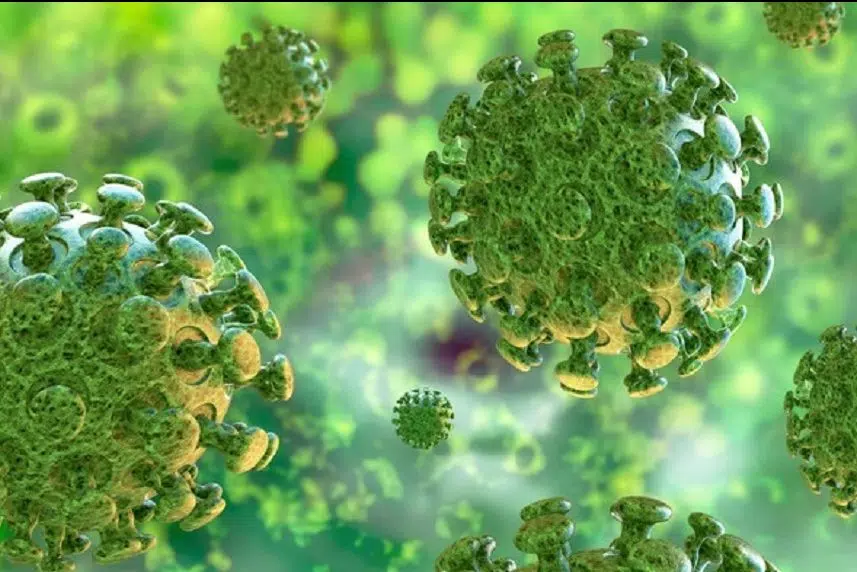Saskatchewan announced Wednesday it had six new confirmed cases of COVID-19 and nine more recoveries.
The total number of cases to date in the province is 326, while 261 people are said to have recovered. Four Saskatchewan residents have died due to complications from the virus.
Sixty-one cases are considered active.
Five people are in hospital, with four people — two in Regina and one each in Saskatoon and the northern region of the province — receiving inpatient care. One person is in intensive care in Regina.
Premier Scott Moe is to address Saskatchewan residents Wednesday at 6 p.m., to update them on the progress the province has made in its battle against the virus.
Then, on Thursday at 10:30 a.m., Moe and Dr. Saqib Shahab — the province’s chief medical health officer — are to unveil the government’s plans to reopen the Saskatchewan economy.
Moe has vowed that will happen gradually and methodically, with constant monitoring and testing done to make sure COVID-19 isn’t spreading as restrictions are eased.
The 326 cases announced Wednesday comprise 136 travellers, 135 people who are community contacts (which includes mass gatherings), 32 people with no known exposure and 23 people whose situation is being investigated by public health officials.
The total number of cases include 36 health-care workers, one more than was reported Tuesday.
Saskatoon has had 150 cases to date, followed provincially by Regina (71), the north (61), the far north (18), the south (15) and the central region (11).
There are 24 active cases in Saskatoon, 16 in the far north, 13 in Regina, five in the north, two in the central region and one in the south.
There have been 26 cases involving people 19 years of age and under, 117 cases in the 20-to-39 age range, 110 cases between the ages of 40 and 59, 64 cases in the 60-to-79 age range, and nine cases with people aged 80 and over.
To date, 25,321 COVID-19 tests have been performed in the province. That number increased by 510 from Tuesday.
Allergies vs. COVID-19
In its media release, the provincial government reminded residents to compare the symptoms they normally experience due to allergies (headache, runny eyes and nose and congestion) to those of COVID-19 (fever, cough, shortness of breath and breathing difficulties).
Those who aren’t sure which symptoms they have are urged to call HealthLine 811 for advice on whether they should be tested for COVID-19. They also can take the government’s COVID-19 self-assessment tool.







